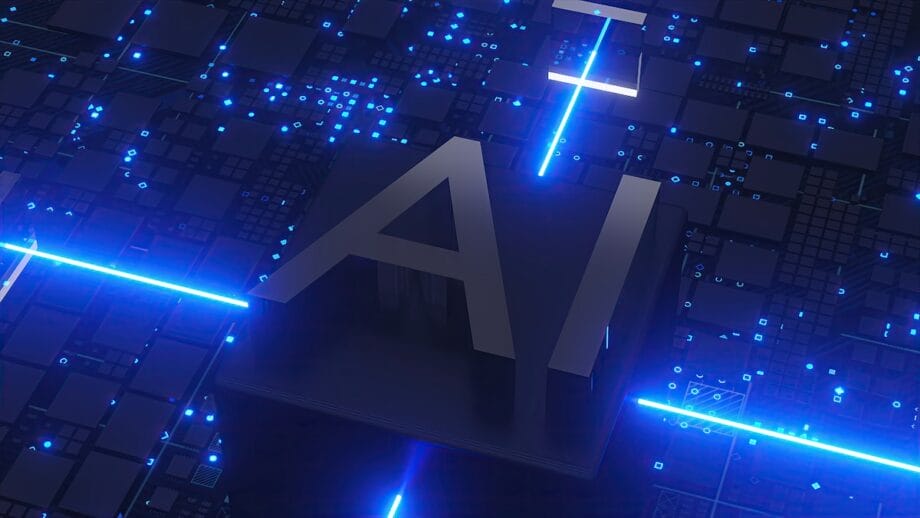Emerging Concept of “Vibe Coding” Revolutionizes Programming
If you have ever harbored the ambition to construct your own software without the prerequisite of coding knowledge, you may find the emergent practice known as “vibe coding” particularly intriguing.
Designated as the word of the year by Collins Dictionary, this term encapsulates the innovative approach of generating applications or websites through mere descriptions to artificial intelligence (AI), thereby circumventing the traditional route of manual programming.
The phrase was initially coined in February by OpenAI co-founder Andrej Karpathy, who articulated the concept as a means for certain programmers to “forget that the code even exists,” allowing them to “give in to the vibes” during the software creation process.
Recognized as one of ten words that aptly reflect the zeitgeist, mood, and linguistic trends of 2025, “vibe coding” is emblematic of a transformative trend in the tech industry.
Users can command AI tools with straightforward instructions, such as “develop a program to manage my weekly meals,” thereby utilizing “vibe coding” to craft basic applications without prior programming experience.
While more intricate tools still necessitate a level of expertise, this novel practice has democratized the creation of digital platforms for those who have previously felt excluded from the coding world.
Nevertheless, the method is not without its drawbacks; users often encounter challenges, as there is no assurance that the generated code will function flawlessly or remain devoid of errors.
Alex Beecroft, Managing Director of Collins, remarked that the term “vibe coding” “perfectly captures how language is evolving alongside technology.”
Trending Terms: ‘Clankers’ and ‘Broligarchy’
It is essential to note that not all the selected words originated in 2025; rather, Collins identified this as the year their popularity surged.
For example, “clanker,” a term prevalent in Star Wars games and films since the mid-2000s, made the shortlist after gaining viral traction on TikTok in July, as users lamented their experiences with AI-driven machines.

Additionally, the term “aura farming,” denoting activities performed to appear impressive—especially when under observation—was first recorded in January 2024, yet gained significant traction throughout 2025.
The portmanteau “broligarchy” surfaced in 2024 to describe the proprietors of the largest tech enterprises and their alleged political clout; it gained renewed prominence in 2025 after many of these leaders attended US President Donald Trump’s inauguration.
The other notable terms in the shortlist included:
- Biohacking: Altering one’s biological processes to enhance health and longevity.
- Coolcation: A vacation in a region characterized by a pleasant, cool climate.
- Glaze: The act of excessively praising or flattering someone, often undeservedly.
- Henry: An acronym for “high earner, not rich yet,” describing individuals with significant earnings who have yet to amass considerable wealth.
- Micro-retirement: A hiatus between jobs to pursue personal interests or leisure.
- Taskmasking: The practice of creating a misleading impression of productivity in the workplace.
Source link: Bbc.com.




